Why and how email marketing is important for any business?

Why and how email marketing is important for any business?
Email marketing is an essential and powerful tool for any business, offering numerous benefits that contribute to its importance. Here are some reasons why email marketing is crucial for businesses and how to make the most of it:
1. Direct and Personalized Communication: Email marketing allows businesses to communicate directly with their audience. It enables personalized messaging, addressing individual recipients by name, tailoring content to their interests, and delivering relevant offers based on their preferences and past behavior.
2. Cost-Effective Marketing Strategy: Compared to traditional advertising methods, email marketing is highly cost-effective. It requires minimal investment, making it accessible to businesses of all sizes, including startups and small enterprises.
3. Builds and Nurtures Customer Relationships: Email marketing helps foster long-term relationships with customers. Regularly sending valuable content, product updates, and exclusive offers can strengthen brand loyalty and encourage repeat purchases.
4. Drives Website Traffic and Sales: Well-crafted email campaigns can direct recipients to your website, increasing traffic and potentially leading to more conversions and sales. Including compelling calls-to-action (CTAs) in your emails can prompt recipients to take desired actions.
5. Measurable and Trackable Results: Email marketing platforms offer robust analytics, enabling businesses to track email open rates, click-through rates (CTR), conversion rates, and other key performance indicators (KPIs). This data helps in refining marketing strategies and improving campaign effectiveness.
6. Segmentation and Targeting: With email marketing, you can segment your audience based on demographics, purchase history, or engagement levels. Targeted campaigns ensure that recipients receive content tailored to their specific interests and needs, increasing the chances of engagement and conversions.
7. Automation and Efficiency: Email marketing platforms allow businesses to set up automated email sequences, saving time and effort. Automated emails can be triggered by specific actions or events, such as welcome emails for new subscribers or abandoned cart reminders.
8. Boosts Brand Awareness: Consistent and well-designed email campaigns help reinforce brand identity and awareness. When customers regularly receive content from your brand, they are more likely to remember and recognize your business.
How to Make the Most of Email Marketing:
-
Build a Quality Email List: Focus on growing a permission-based email list with genuine subscribers interested in your products or services. Avoid purchasing email lists, as this can lead to low engagement and deliverability issues.
-
Craft Engaging Content: Create compelling and relevant content that resonates with your audience. Use eye-catching subject lines and personalize emails to increase open rates.
-
Segment Your Audience: Segment your email list based on demographics, interests, or behavior to send targeted and personalized content.
-
Test and Optimize: A/B test different elements of your emails, such as subject lines, CTAs, and content layout, to identify what works best with your audience.
-
Comply with Regulations: Ensure that your email marketing practices comply with relevant regulations, such as the General Data Protection Regulation (GDPR) or the CAN-SPAM Act.
-
Optimize for Mobile: With a significant portion of email opens occurring on mobile devices, ensure that your emails are mobile-friendly and display correctly on various screen sizes.
-
Monitor Analytics: Regularly analyze email campaign performance to identify areas for improvement and optimize future campaigns.
By leveraging the power of email marketing effectively, businesses can nurture customer relationships, drive sales, and achieve a higher return on investment compared to many other marketing channels.


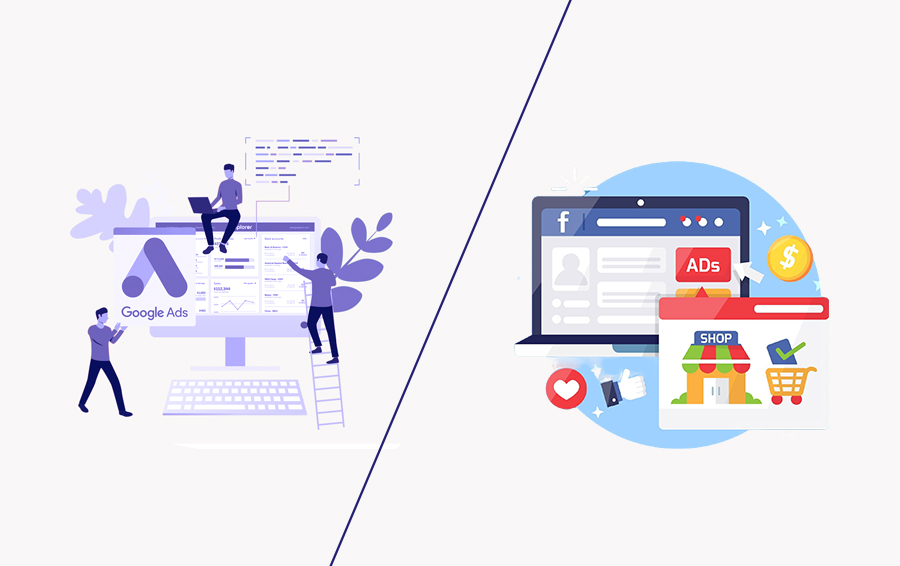


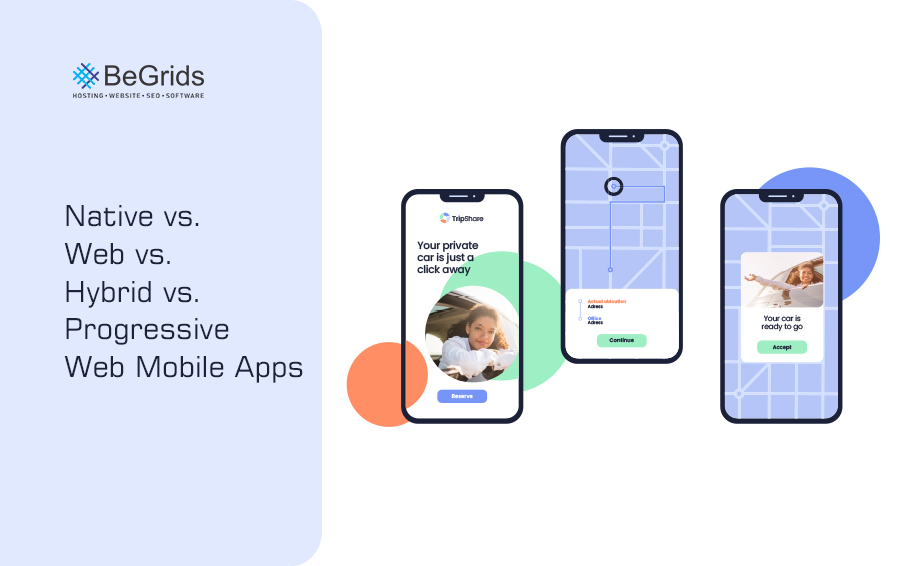
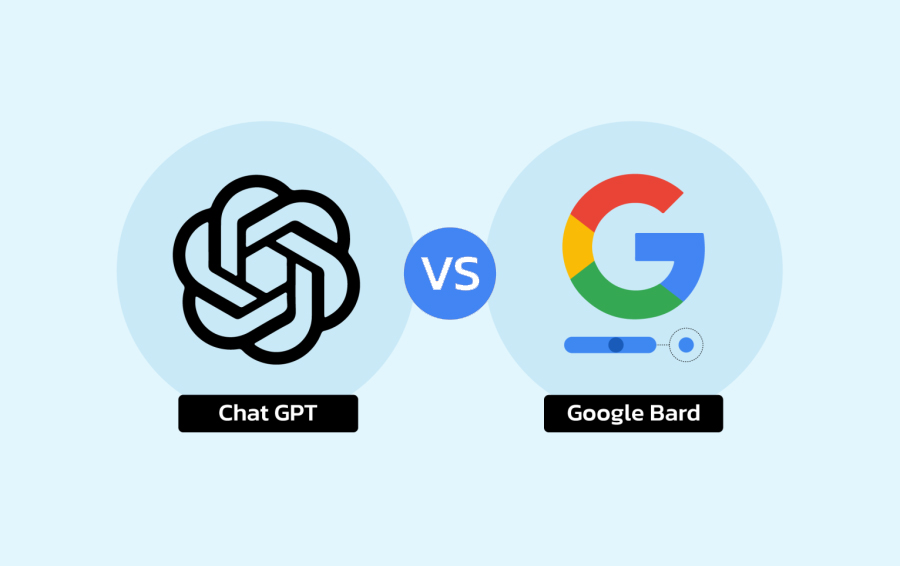


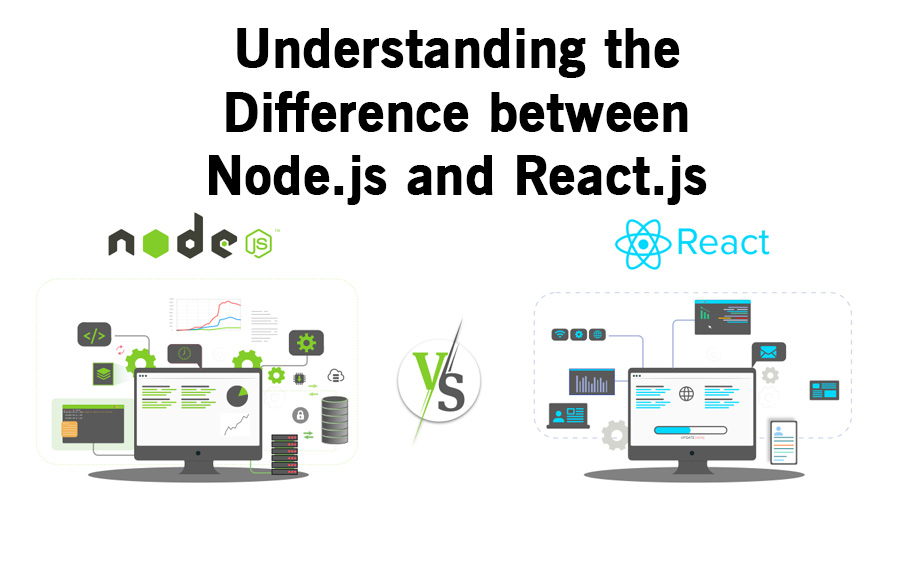
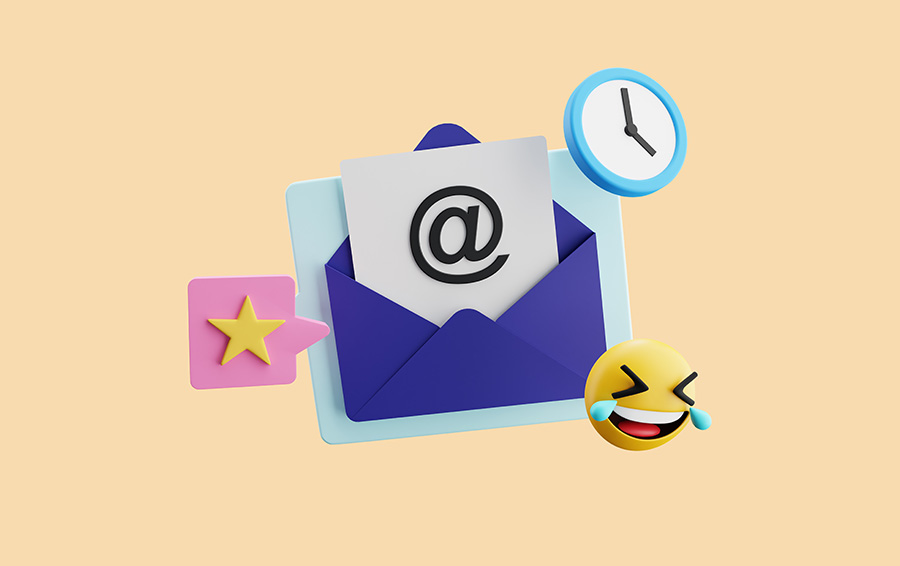
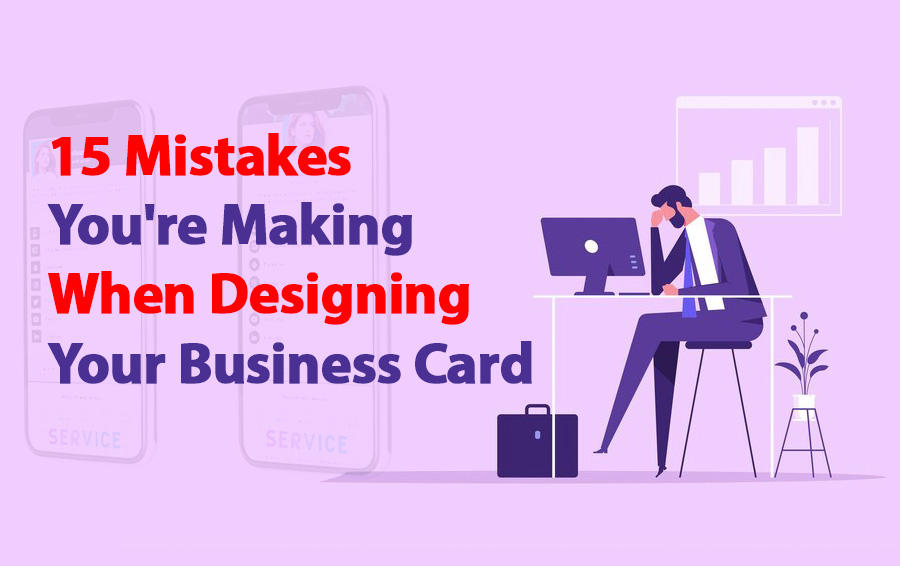

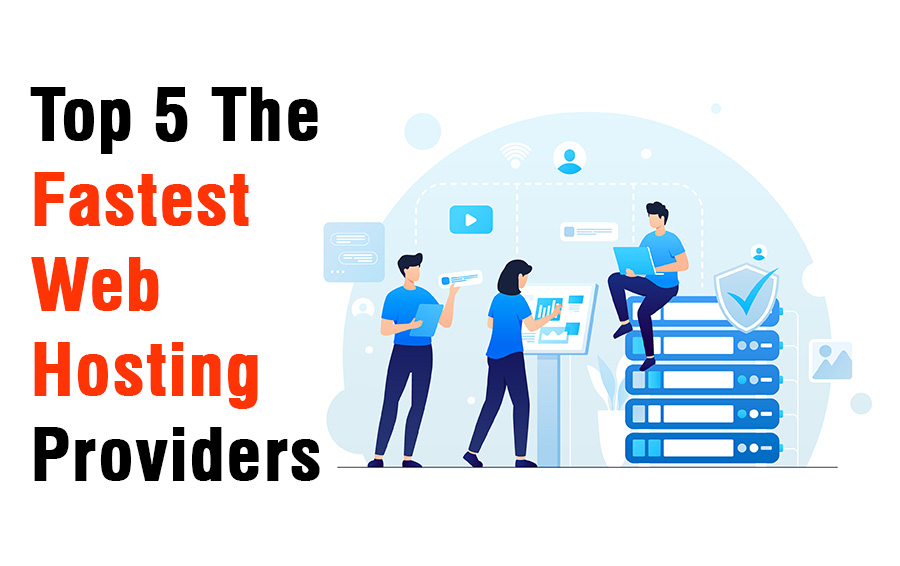
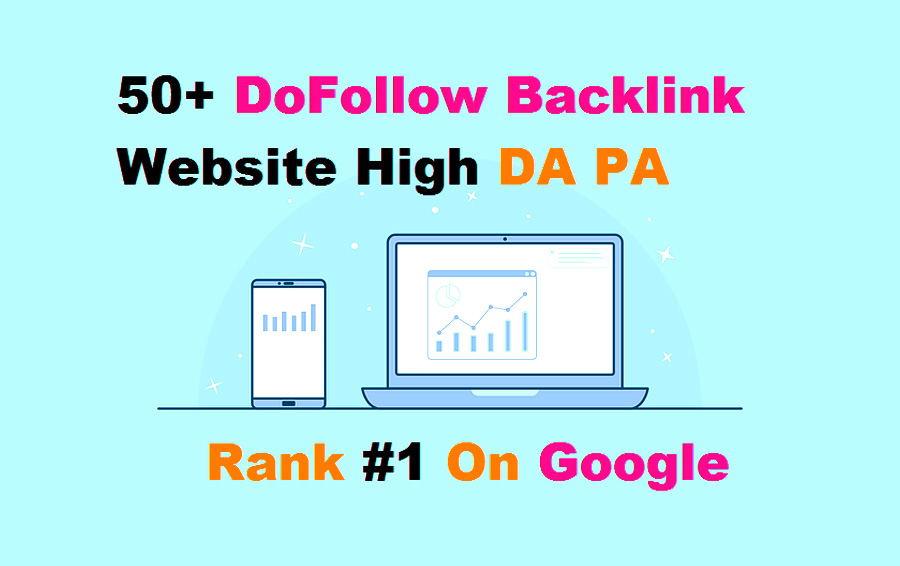
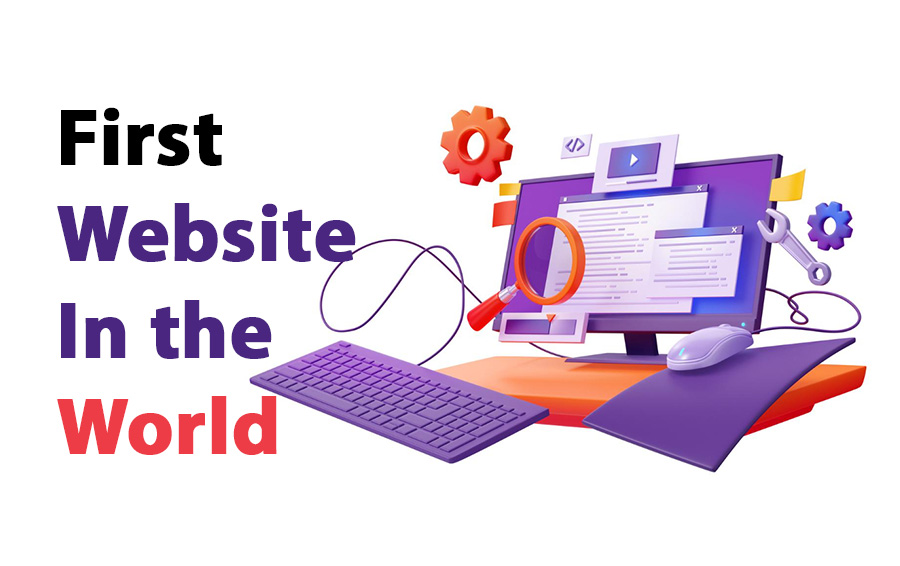
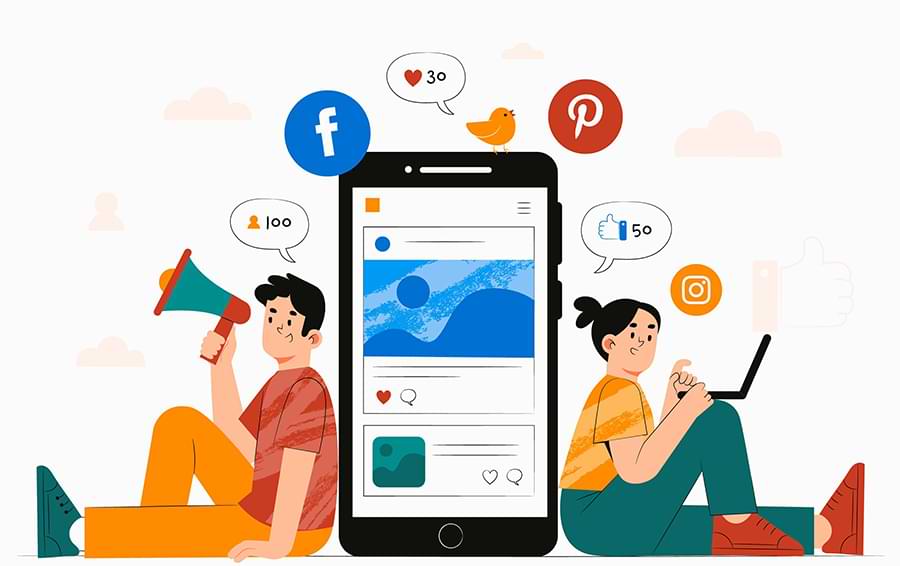
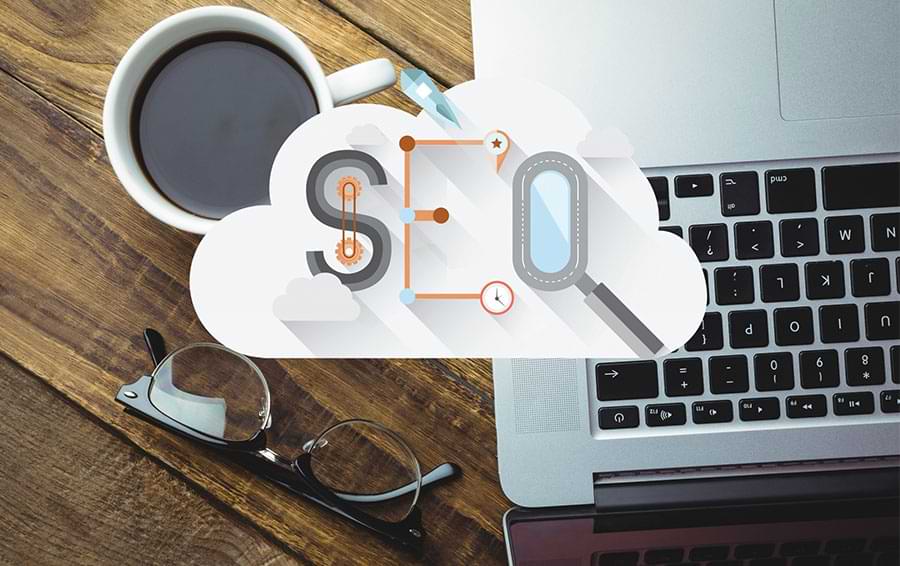


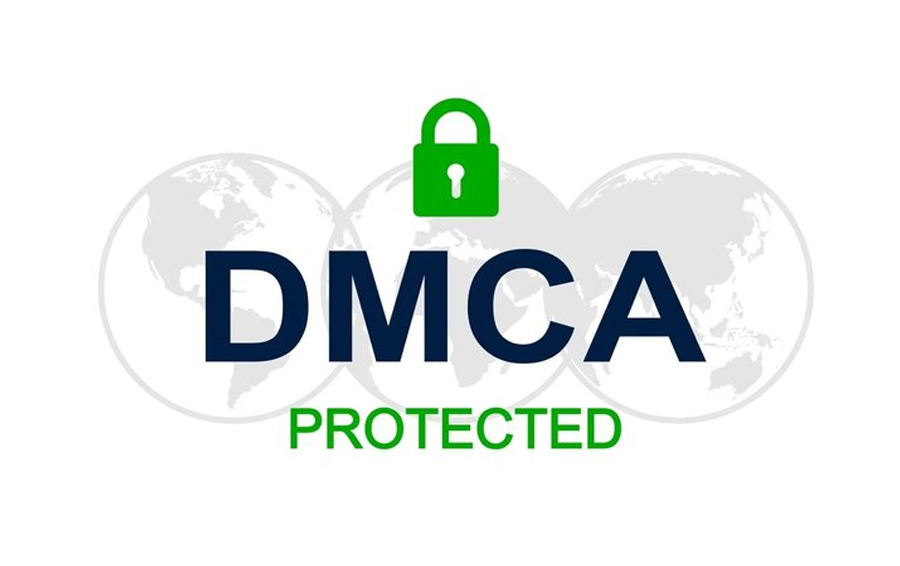


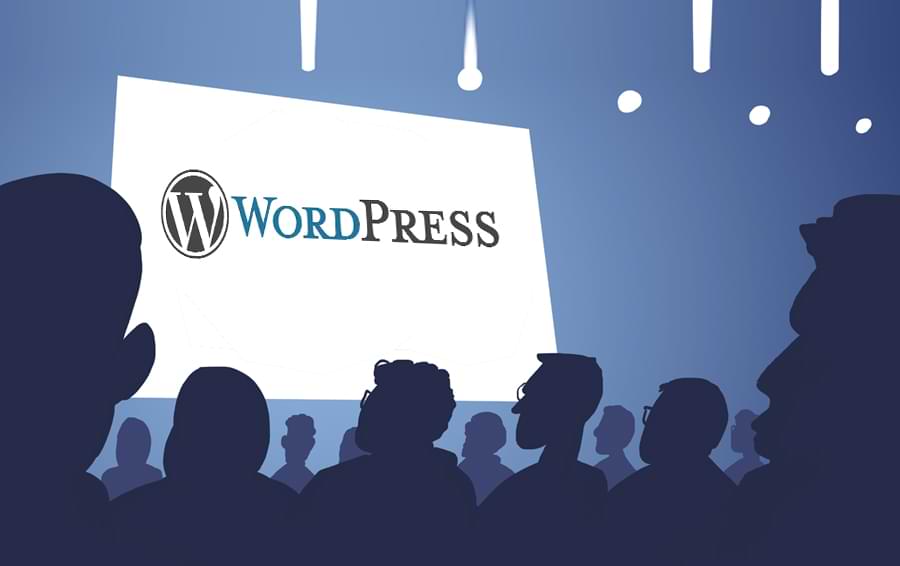
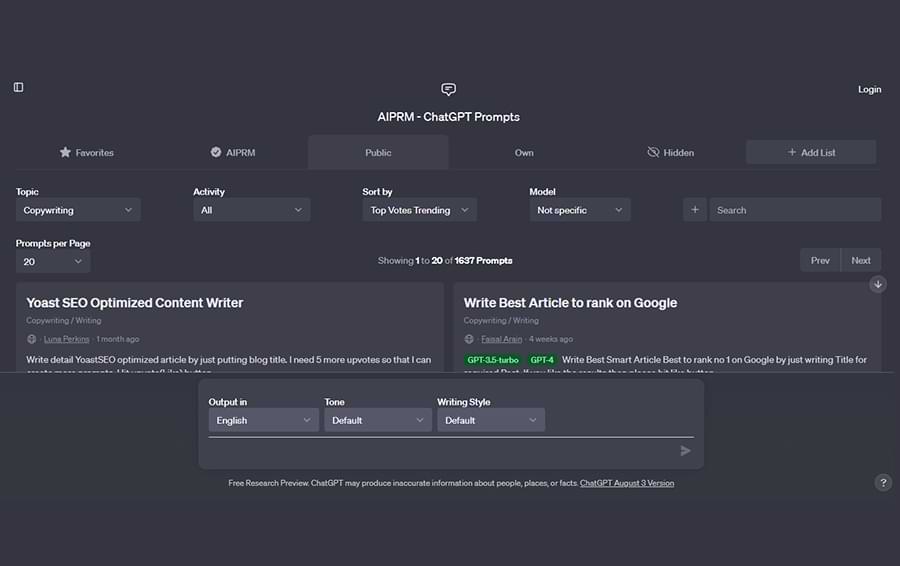





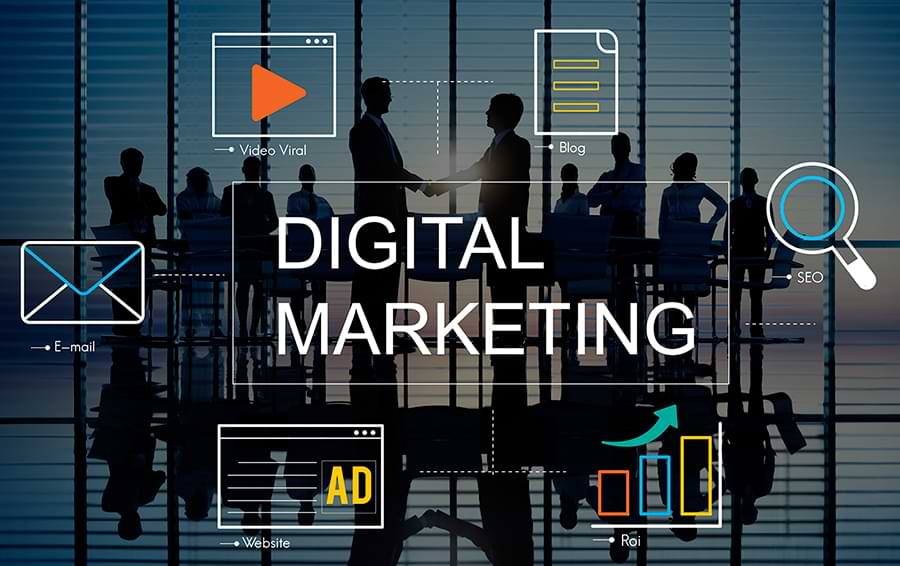
Comments
No Comments To Display
Leave a Comment